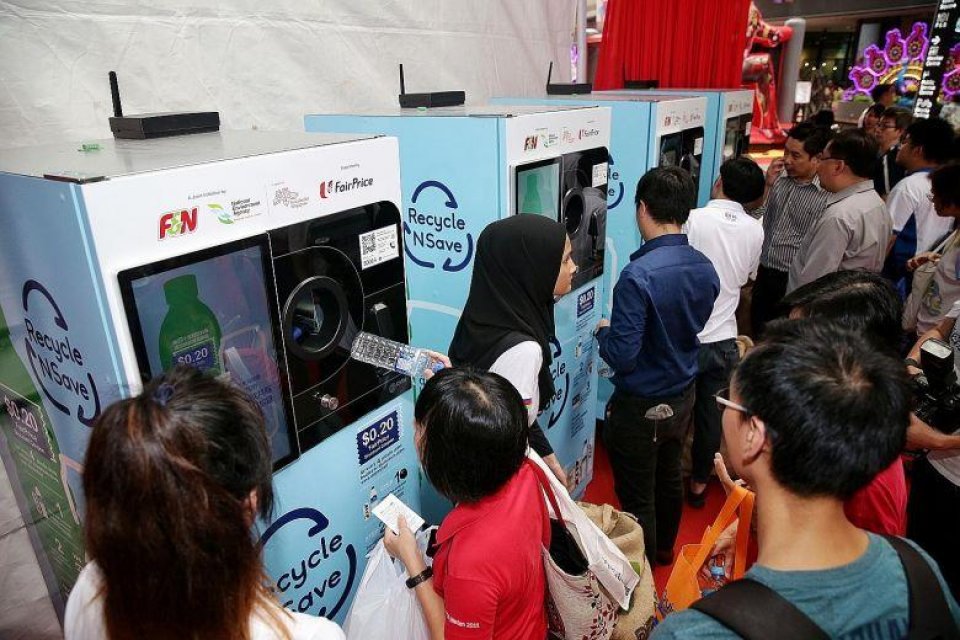Warning: Illegal string offset 'news_listing_page' in /home/sustainabilityin/public_html/classes/news_item.php on line 249
Notice: Uninitialized string offset: 0 in /home/sustainabilityin/public_html/classes/news_item.php on line 249
Warning: Illegal string offset 'page_title' in /home/sustainabilityin/public_html/classes/news_item.php on line 250
Notice: Uninitialized string offset: 0 in /home/sustainabilityin/public_html/classes/news_item.php on line 250
Warning: Illegal string offset 'seo' in /home/sustainabilityin/public_html/classes/news_listing.php on line 259
Notice: Uninitialized string offset: 0 in /home/sustainabilityin/public_html/classes/news_listing.php on line 259
Warning: Illegal string offset 'news_listing_page_url' in /home/sustainabilityin/public_html/classes/news_item.php on line 252
Warning: Cannot assign an empty string to a string offset in /home/sustainabilityin/public_html/classes/news_item.php on line 252

Ms Rachel Han (left) and Ms Rachel Lee (right) are founders of Package Pals, an initiative that collects single-use packaging and distributes it to retailers for reuse. With them is core team member Puan Xin. PHOTO: PACKAGE PALS
A frequent shopper for clothes on online platforms Carousell and Instagram, Ms Rachel Han, 19, realised the polymailers and other packaging added up quickly, generating heaps of waste despite her attempt to be environmentally conscious by buying second-hand items. Meanwhile, Ms Rachel Lee, 19, who sells used clothes on Instagram, wanted to send out orders in recycled packaging, but came up empty-handed when she tried to source for it. So, it was the perfect fit when they met on an environment-focused Telegram chat, when Ms Han asked how to recycle polymailers and Ms Lee responded. In May, they came together to launch Package Pals, an initiative that collects single-use packaging and distributes them to retailers for reuse.
"Packaging waste comes with every order and it is often neglected as people discard it without thinking twice," says Ms Han, who is taking a gap year after her A levels. She, too, used to do the same.
With the surge in e-commerce brought on by the coronavirus pandemic as people stay home and shop online more, there is no better time for a solution. The Department of Statistics revealed that the online share of retail sales here rose from less than 10 per cent over the past two years to between 18 and 24 per cent from April to June. Working with a pool of about 10 volunteers, the Package Pals team holds monthly meet-ups to collect polymailers. Donors can also mail in used packaging or drop them off at Wellness Within and The Sustainability Project, stores in Tai Seng and Bukit Timah that sell sustainable products. The team then sorts, curates and distributes between six and 14 polymailers to about 18 businesses every month. These includes thrift sellers and businesses such as The Sustainability Project. Despite the cost savings and environmental benefits, not all businesses have come on board.
Ms Lee recalls one retailer turning down their used polymailers, saying it did not want to be seen as a rubbish dump. "At that time, we were quite shocked by her response, but now, we understand what she meant," adds Ms Lee, who says they get a lot of "unusable trash" such as cake boxes and drink cartons, or polymailers that are torn or crumpled beyond repair. Public education is one way they are trying to combat this. The team posts Instagram stories about the kind of packaging it does not accept and has compiled a resource-matching spreadsheet, directing donors to businesses looking for items such as crushed paper, cardboard boxes or fabric.
"Our focus is on educating people and changing their mindsets," says Ms Lee, who will begin studying for a law degree in Britain next year.
Through the process, their perspectives have been changed too. For instance, while putting together an infographic about whether paper or plastic is better for the environment, the team learnt that while the former is often perceived as environmentally friendly because it is biodegradable, it takes more energy and water to produce and emits more pollution and greenhouse gases in the process.
Ultimately, the team members concluded the best approach is reducing overall waste and consumption, which they try to incorporate in their own lifestyles. Ms Han says: "It is rewarding when people message us and say they see the value of what we do or that we have made them think twice about their actions."




